Want to find out more about the history of a particular place? It can be tricky trying to work out the best way to begin. There is such a wide range of exciting and empowering community projects going on all round the country that knowing where to look can be overwhelming.
I’m one of the modern records specialists in The National Archives’ Collections Expertise & Engagement department, a wide-ranging role that includes acting as our public engagement lead for local and family history. I undertake a variety of pieces of research – a lot of work on the 1939 Register, for example – and I was one of the research leads when the 1921 Census was released in 2022. Amongst other things, I regularly teach and lecture about local history, give talks to local history societies and also carry out my own research into various localities.
In honour of Local and Community History Month, here is a short list of websites and resources I regularly use when I am researching the history of places:
Vision of Britain
Vision of Britain has a wealth of material for locations in Great Britain and is well worth a peruse for your local area. Equally good for getting a flavour of how a geographical area has shifted and changed over time, there is some much to get your teeth into. It also has a quick and easy-to-use search functionality to get you going.
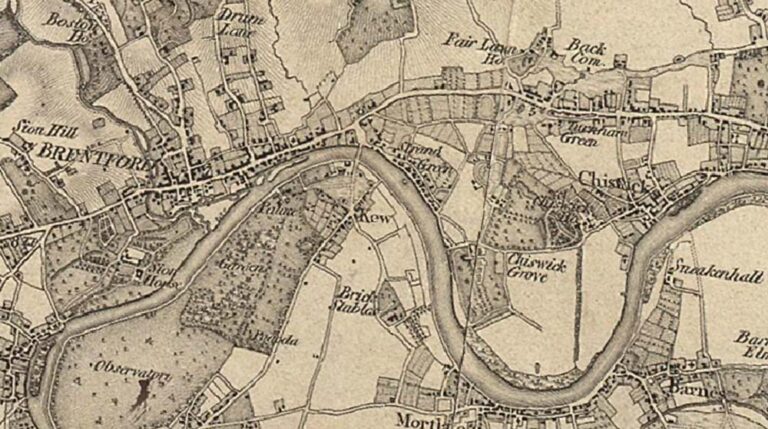
Victoria County History
Victoria County History is a national project to write a history of every county in England, founded in 1899 and still going. It is a treasure trove of information, rigorously researched and a pleasure to use. I could lose hours to the research gathered together in this resource.
HistPop
HistPop, an offshoot of the UK Data Archive at the University of Essex, contains copies of all the major population reports for the UK from the 1800s onwards. Especially good for census reports, there is a huge amount of material here which can inform and support your research into a particular place.
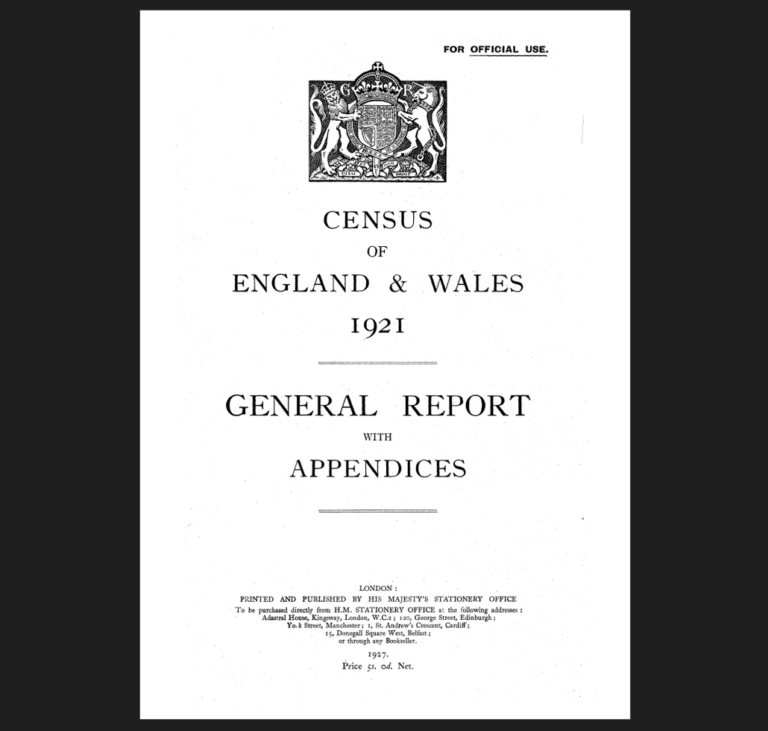
Society of One Place Studies
The Society of One Place Studies allows you to uncover whether there is already a one place study for the area you are interested in, and brings together like-minded researchers. It runs a series of webinars, and is a wealth of information and support for this kind of research.
National Library of Scotland Maps
The National Library of Scotland Maps resource covers all over the United Kingdom and beyond, drawing together a substantial collection of cartography. It is an essential tool for anyone undertaking historical research in a local capacity and is regularly adding new material to its sizeable collections.
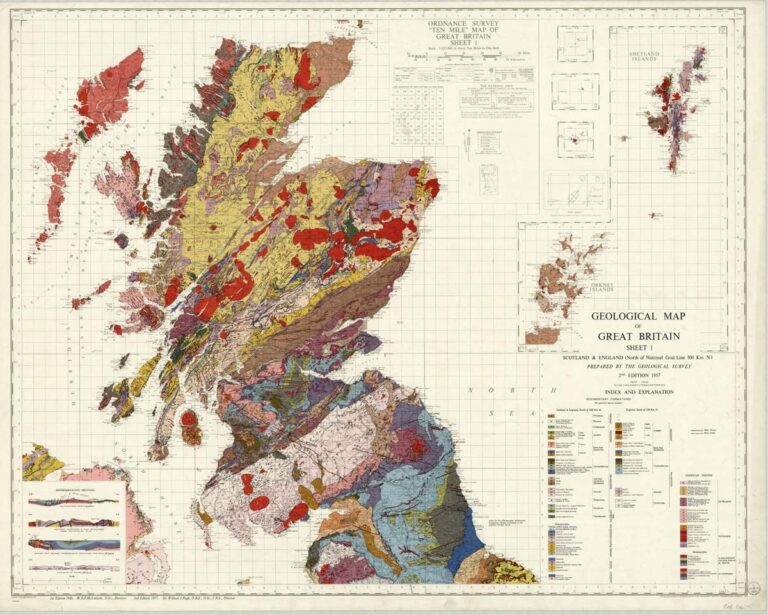
British Newspaper Archive
Another resource which is frequently updated is the British Newspaper Archive, whose newspaper collections cover the whole country, and permits a vivid glimpse into society in the past. Without its exciting range of material, however would we find who won the fruitcake class of the Llandewi Brefi Country Show back in the 1910s, and far more besides?
National Library of Wales
The National Library of Wales’s collections encompass an extraordinary range of material relating to Welsh life, heritage and culture, so if your research touches upon any Welsh locations then it is definitely worth exploring the collections here to see what might be found.
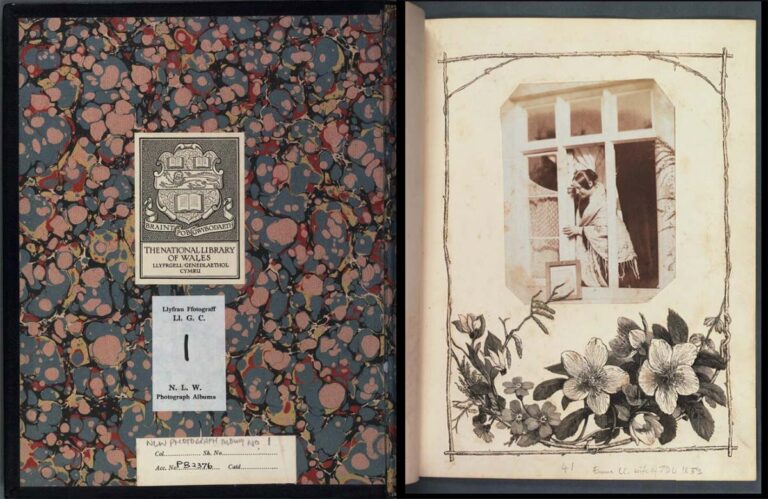
The National Archives
And finally, The National Archives’ own research guides cover a multitude of topics and research areas relating to local history, so if a particular records series has caught your interest, or you want to know how to get started in our collections, this is always the first place I direct people.
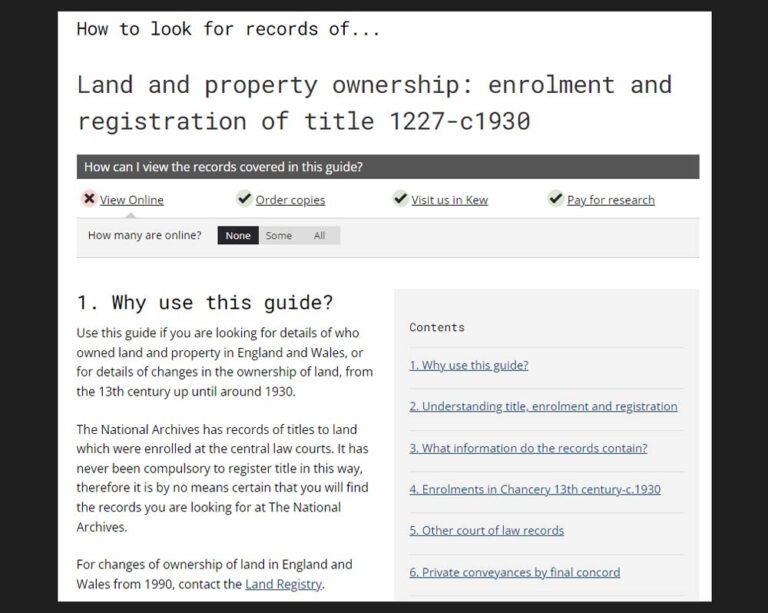
I hope that this is helpful to you! Good luck with your research.
HistPop. Does it ever work nowadays? All attempts at obtaining search results only yield a “computer says no” type message. Today it’s This web service is too busy at the moment.
Please try again later.”
It’s a dinosaur relic leftover from an ancient project. Clearly no-one’s priority for support.
This is absolutely amazing and helpful for researchers who have a keen interest in history. My special interest lies in understanding Russian background and its history.
Looking forward to receive more information on the same.
Thanks
I have clicked through a lot of the maps but cannot find a clear map of a specific place in London: New North Street, off Theobalds Road, just south of Ormond Street Hospital, in the late 1800s or early 1900s.
I have seen one somewhere that was legible and it had the street names but I cannot find it now.
My great grandfather lived at 33 New North Street in the 1870s.
Would you be able to find a map showing New North Street?
Hi Gwen, thanks for your comment. It might be worth trying London Metropolitan Archives for that https://www.cityoflondon.gov.uk/things-to-do/history-and-heritage/london-metropolitan-archives
The National Archives Library has an excellent collection related to County histories that include many out of print books from historical and antiquarian societies, all on open access to visitors – https://tna.koha-ptfs.co.uk/cgi-bin/koha/opac-search.pl?idx=&q=county+history&limit=&weight_search=1
The National Archives Library has a comprehensive collection of print volumes of The Victoria County Histories https://tna.koha-ptfs.co.uk/cgi-bin/koha/opac-search.pl?idx=ti&q=%22victoria%20county%20of%22&limit=holdingbranch%3ALIBRARY&sort_by=relevance&count=20&limit=itype:BOOK
as well as volumes from The English-place names society- https://tna.koha-ptfs.co.uk/cgi-bin/koha/opac-search.pl?idx=ti&q=place%20name&limit=branch%3ALIBRARY&sort_by=relevance&count=20&limit=se:English%20Place-Name%20Society
and other publications relating to local history and the study of…
https://tna.koha-ptfs.co.uk/cgi-bin/koha/opac-search.pl?idx=&q=local+history&limit=branch%3ALIBRARY&weight_search=1
The British Newspapers Archive is available to visitors to the Archives to search – along with other newspaper databases – https://tna.koha-ptfs.co.uk/cgi-bin/koha/opac-search.pl?idx=ti&q=newspapers&limit=branch%3ALIBRARY&sort_by=relevance&count=20&limit=itype:ONLINE
As a former public library information librarian, this used to be a regular question. Nowadays, I suspect Google is a first step. Problem is there is no distinction between the values of each listed resource. That’s where librarians come in, as guides to these and other online, on-shelf or archivedmaterials.
Thank you once again, National Archives!
I’ve posted the URL on my FB page too.
this is amazing blog
This is absolutely amazing and helpful for researchers who have a keen interest in history. My special interest lies in understanding Russian background and its history.
Looking forward to receive more information on the same.